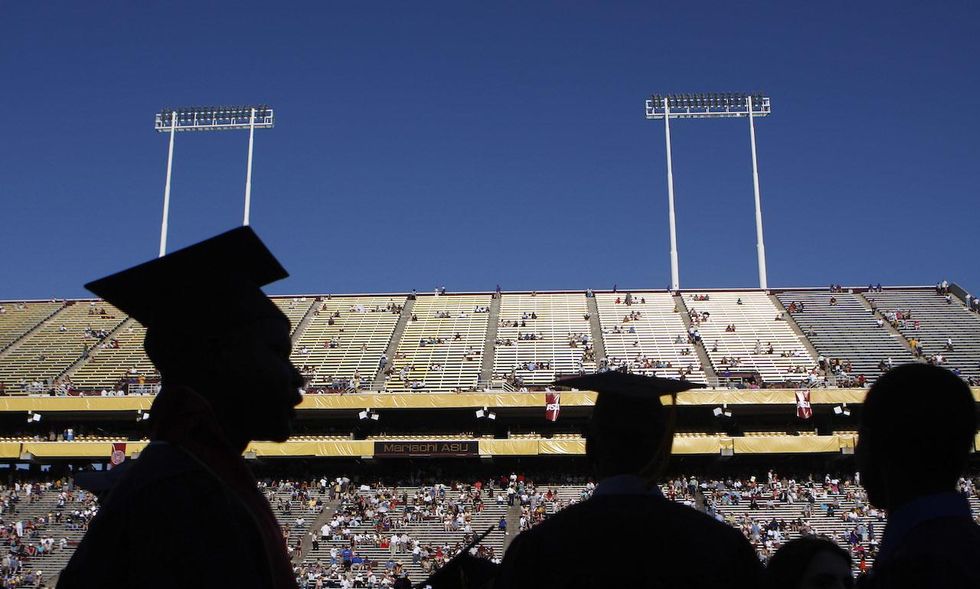
The Arizona Supreme Court ruled Monday that DACA recipients will no longer be eligible for in-state tuition rates. More than 2,000 students with protection under the Obama-era DACA program will now be required to pay higher out-of-state tuition rates. (Joshua Lott/Getty Images)


